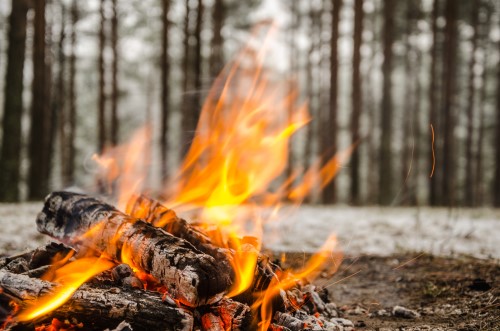Winter can be a hazardous time of year in the home. Subfreezing temperatures may lead to burst pipes and related damage. Storms may fell trees and damage homes.
People may slip and fall on or around your property. And electrical fires are a special concern during the winter months when people spend more time indoors and increase their use of lighting, heating, and appliances. It is important to insure against these types of damage and to make your property as safe as possible for family and visitors alike.
Standard homeowners’ policies usually cover winter-related disasters such as burst pipes and wind damage caused by weight of ice or snow, as well as fire- related losses. Basic home insurance policies will only cover the actual cash value of your home and its contents; broad policies and comprehensive policies will provide the replacement value. Check your insurance policy to find out what kind of coverage you have. If you rent, then standard renters’ insurance should cover damage to your personal property caused by winter perils. And winter-related damage to cars is often covered under the comprehensive portion of an auto insurance policy.
Insurance can also protect you if someone is injured on your property as a result of your negligence. For example, home insurance should cover the costs (including medical bills and the cost of legal representation in a lawsuit) you could incur if someone were to slip on your broken steps and suffer an injury, or if someone were to trip over your living-room rug at a party. Of course, you should take steps to make sure your house does not pose such hazards. Try to place power cords in such a way as not to trip passers-by, repair stairs and handrails promptly, and warn visitors of any special hazards in your home. You do not have a legal duty to clear your property of snow and ice (although local ordinances may require you to clear the public sidewalk outside your home), but you may be negligent if you create a hazard, for example, if a leak from your gutter creates an ice slick.
There are several steps you should take to ensure that you get the most out of your insurance coverage if you ever suffer damage.
- Prepare an inventory of all the insured items in your household. The most effective way to do this is to photograph or videotape insured items.
- Keep copies of all your insurance documentation in a safe place inside your house, and in a safe place outside your home.
Of course, it’s even better to take steps to prevent and avoid damage. Installing gutter guards and cleaning out gutters can help ensure that rain and meltwater flow away from the house and into the ground, rather than into your walls and ceilings. Caulking cracks in walls and around windows can also help avoid water damage. You can minimize the risk of storm damage by trimming trees, getting weak branches removed, and chopping down dead trees before they fall. You can avoid burst pipes by keeping your house warm and insulating your basement and attic. Just in case, learn how to shut off your water in an emergency. Most important of all, protect yourself and your family by checking that smoke and fire alarms work properly. And if you have any questions about claims under your insurance, be sure to consult your lawyer.


コメント